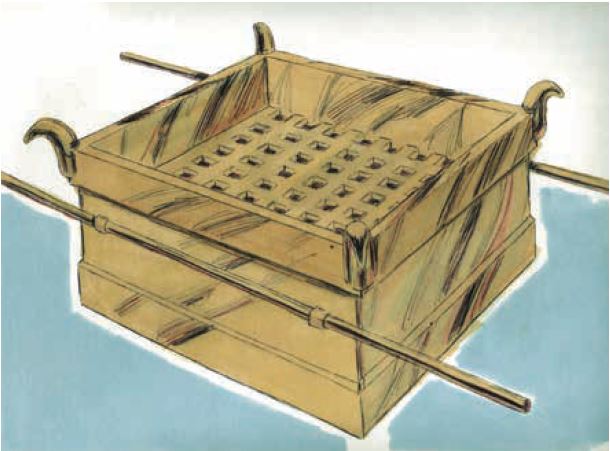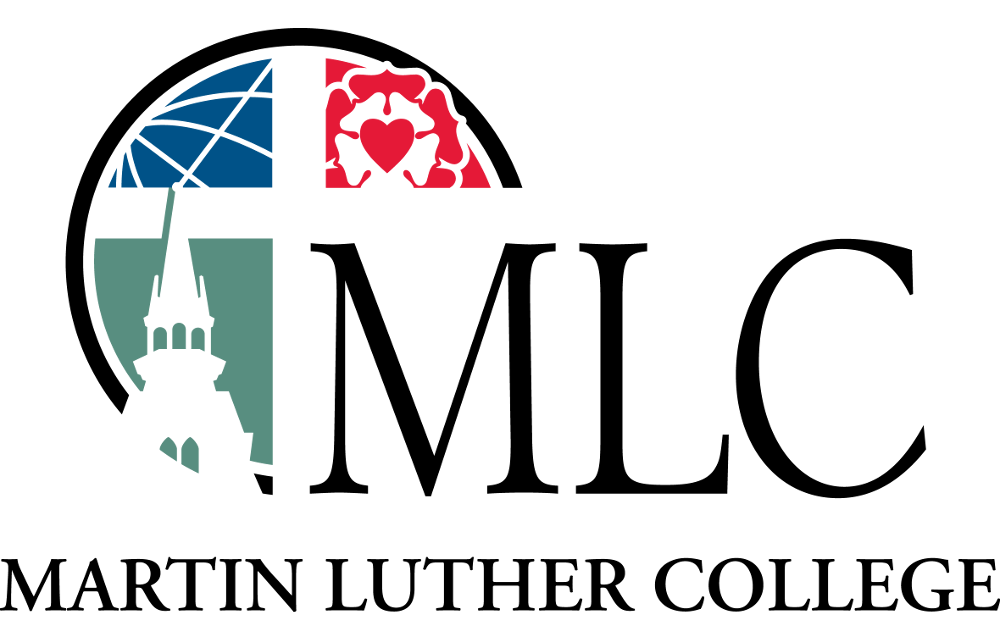They built the altar of burnt offering of acacia wood, three cubits high; it was square, five cubits long and five cubits wide. They made a horn at each of the four corners, so that the horns and the altar were of one piece, and they overlaid the altar with bronze. (Exodus 38:1-2)
He is the atoning sacrifice for our sins, and not only for ours but also for the sins of the whole world. (1 John 2:2)

Some are still looking for the perfect security access method. Keys get lost, along with passwords and pin numbers. Fingerprints remind me of being investigated and booked. Retina scans through the window into my soul? Scarier still. The daughter of one of my colleagues looked at his computer screen, and his facial recognition feature let her in. He said to her, “Oh, I am so sorry.”
If my access has anything to do with what I have, am, or bring to the door, I’m in trouble. So God uses smoke.
Between the outer curtain and the entrance to the tabernacle stood the altar of burnt offering. Before people came any closer to the presence and blessing of God, they had to pass that horned and bloody table smoking with whole burnt offerings. Whole animals were sacrificed there, burnt up and completely consumed by fire. Only then could a few people at particular times enter and meet God.
God used smoke from these sacrifices as the security clearance to his mercy and fellowship. And it wasn’t the nice kind of smoke—not the warmth wafting up from a wood fire, not the smoke you can almost taste from grilling steaks. No, since whole animals were being burnt, I expect the smoke was like that coming from a house or garbage fire—sharp, even sour, whiffs of many things that should never be burnt. But this is the kind of smoke that is “an aroma pleasing to the Lord” (Leviticus 1), because “without the shedding of blood there is no forgiveness” (Hebrews 9:22). This kind of smoke from total consumption gives access to God. Nothing’s left. Just ashes.
Those sacrifices on the altar in front of the tabernacle, though, were not really a payment for sin. They were a picture of the sacrifice to come and a needed reminder that no one can stand before a holy God—much less grab hold of him—unless there is a slaughter. The real payment for our access, the real slaughter, the smoke that was the sharpest, came from God consuming his one and only Son, the smoke rising from Holy Week.
We were locked out, but Jesus pressed his handprints all over our crimes. He put his face in our place, and God opened up the door to worlds and worlds of wonder. Now we can search for answers, connect with a universal community, and check our outstanding accounts. They’re all paid in full. We know that because the smoke of their payment this week still lingers in the air. I’m in! And we’re not the only ones. Jesus is the burnt offering for “the sins of the whole world.”
Thank you, God, for sending your perfect, innocent Lamb to die for the sins of the world. Help us to marvel at your grace and at the access this sacrifice gives for all who believe. Amen.
Rev. Brian Dose serves Martin Luther College as a professor of English.



